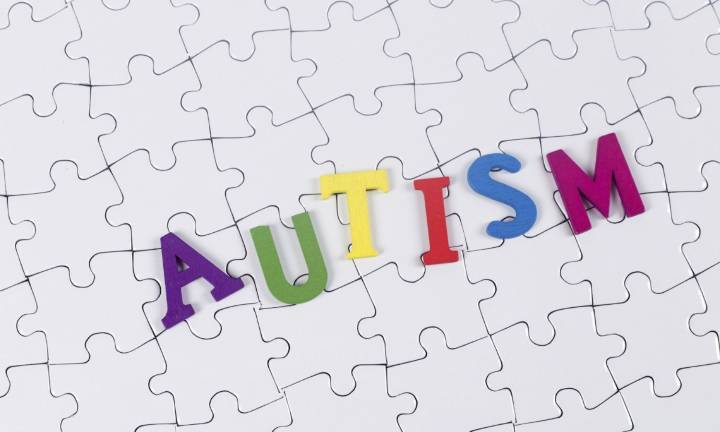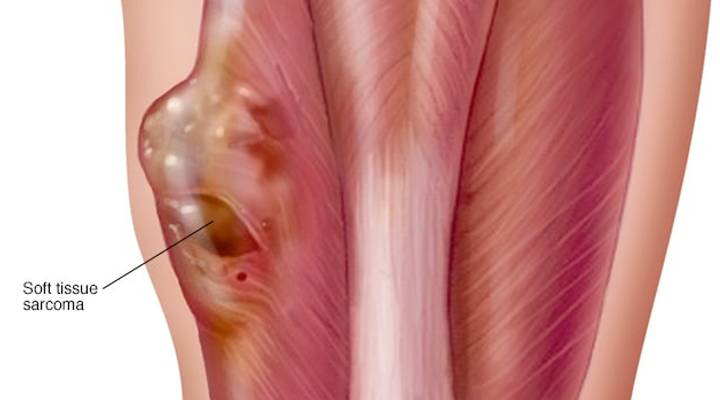5 Important Gynae Checks You Must Not Ignore

It can be challenging to distinguish between what is “normal” and what can indicate a potential health issue when it comes to sexual and reproductive health. Because of this, after adolescence, women must continue to have yearly gynecological tests, even if they think there’s no pressing need for it.
Here are 5 important gynae checks a woman must not ignore
How does a Gynecologist Help?
The uterus, ovaries, fallopian tubes, breasts, vulva and vagina are among the female reproductive organs that a gynecologist specializes on. These professionals support women from adolescence to old age and comprehend their evolving needs for reproductive healthcare. Gynecologists should be visited by women at least once a year for screenings to determine the state of their reproductive health. Do not wait; keep in mind that these exams help identify any concerns early on.
Gynecologists examine their patients for cancer, bone density assessments, HIV, hepatitis C, pelvic exams, Pap smear tests, chlamydia and gonorrhea, clinical breast exams, mammograms, and vaginal infections.
Important Gynae Screenings
1. Routine Pelvic Exam: Here all the organs in your pelvis will be examined including your vagina, uterus, ovaries, vulva, fallopian tubes, cervix, bladder and rectum. Every women between the ages of 21-65 should get a pelvic exam done. The frequency of the test will depend on the recommendation of your doctor. Pelvic exams help in detection of reproductive health issues like fibroids, ovarian cysts, sexually transmitted infections like chlamydia and gonorrhea and even early-stage cancer.
2. Mammography/ Mammogram: The purpose of this diagnostic imaging procedure is to find breast anomalies that could indicate cancer. Keeping a close watch on the development/changes in your breasts is very important. A mammogram helps in detecting breast cancer sometimes even years before symptoms actually develop
3. Pap Smear: Pap Smears are useful for detection of cervical cancer. Women between the ages of 21 and 65 should undergo a cervical cancer screening every three years. It is recommended they undergo a pap test and an HPV test (Human papillomavirus test) together. Pap smears have been life saving for many women as early detection of cervical cancer increases the chance of successful treatment.
4. Fertility Tests: If a woman plans on conceiving in the future, it is recommended that she gets her fertility health checked. A woman’s fertility decreases with age, affecting the quality and quantity of the ovarian eggs. Getting your fertility assessed early on will help you plan the future and avoid any unnecessary anxieties/ surprises regarding conception.
5. Thyroid Test: The thyroid glad is responsible for proper metabolism and growth. It is also responsible for secretion of important hormones. Thyroid issues are quite common in women and can cause a lot of problems especially for reproductive health. Thyroid disorders can effect menstrual cycles, cause problems in ovulation, they can also cause issues during pregnancy and bring about early menopause. Therefore getting your thyroid checked is very important.
Gynae symptoms women should look out for:
The following are some symptoms to watch for and mention to your gynecologist:
- Unusual or significant bleeding
- Unusual vulvar discharge.
- Menopause signs
- Vulvar alterations
- Sudden bloating or pelvic pain
- Painful sex encounters
- Urinary tract infection
- Sudden nipple leaking
- Period irregularities or absences
How to prepare for a gynae checkup
You must first understand that the gynecologist you are seeing is a qualified individual in whom you must have confidence. The doctor is never judgmental, and you are always welcome to communicate honestly with them. Keep in mind that they have previously helped many others with similar issues. If you need to offer urine sample and if the doctor has requested an ultrasound, drink plenty of water before leaving. Write down all of your concerns regarding your sexual life, birth control, STDs, and other issues before you have your gynecological examination.
Conclusion
Women frequently disregard their reproductive health and believe it is not necessary to see a gynecologist until absolutely necessary. This in turn will lead to delayed diagnosis of issues. Regular examinations are crucial to identify underlying medical concerns and planning out treatment options.







